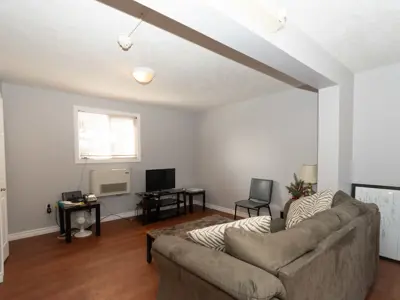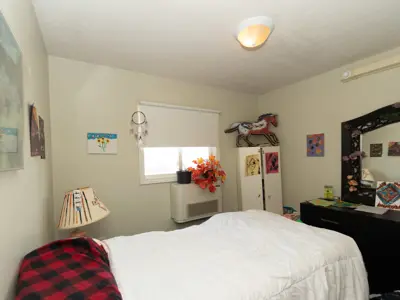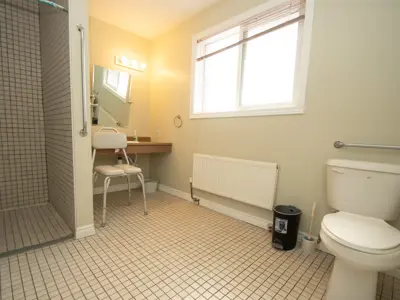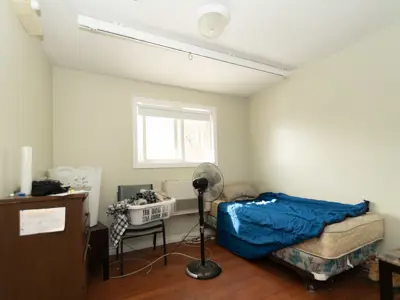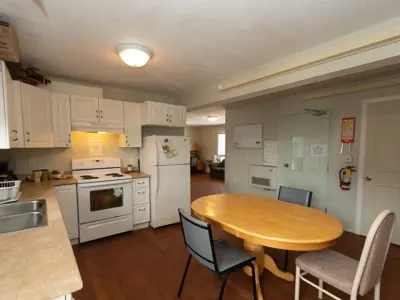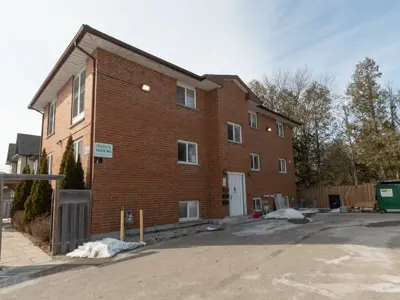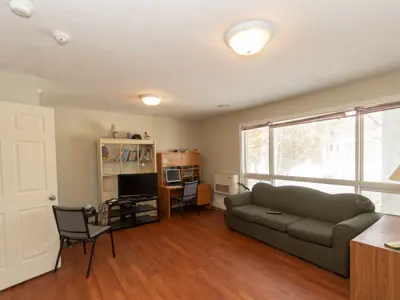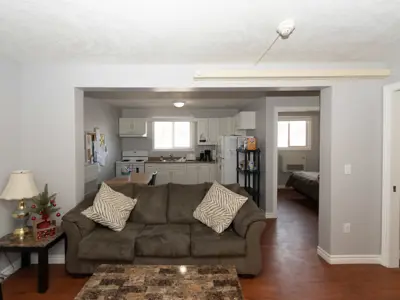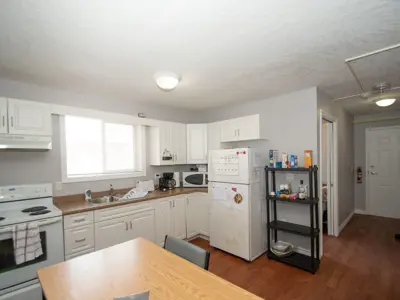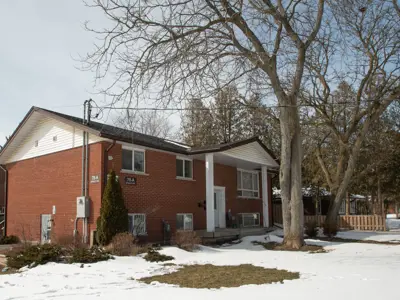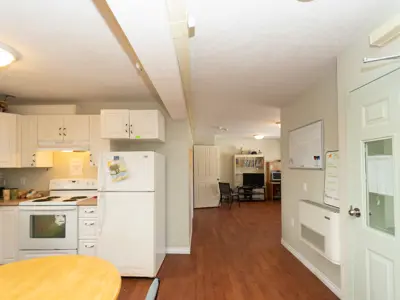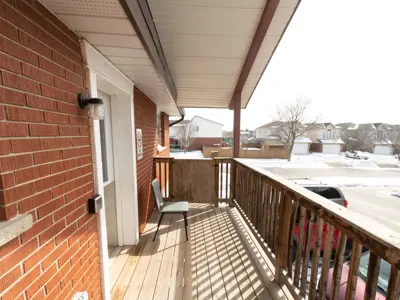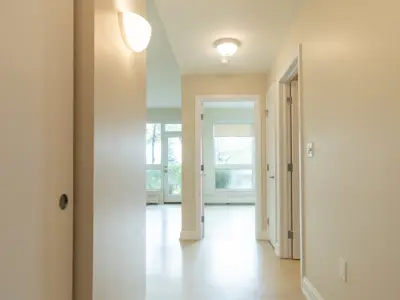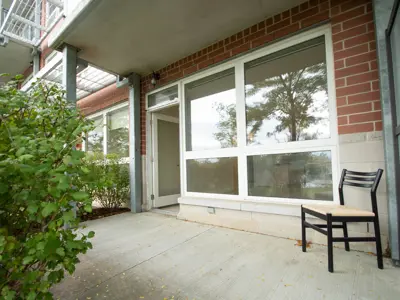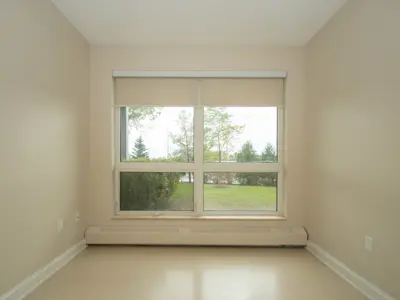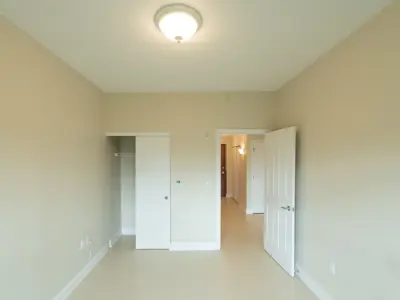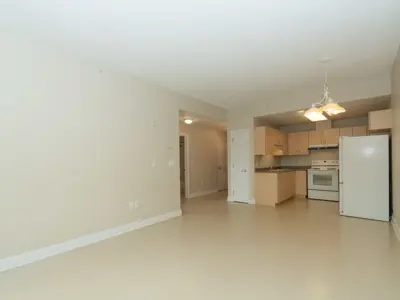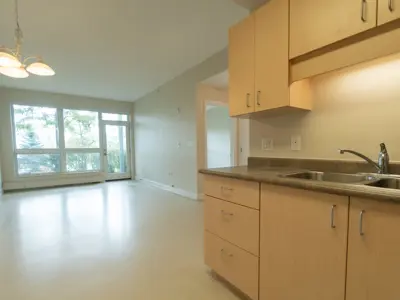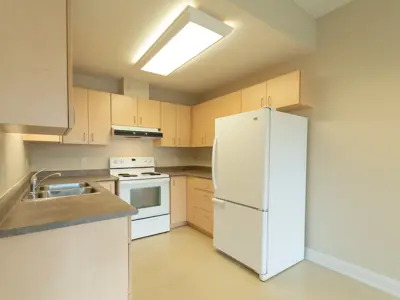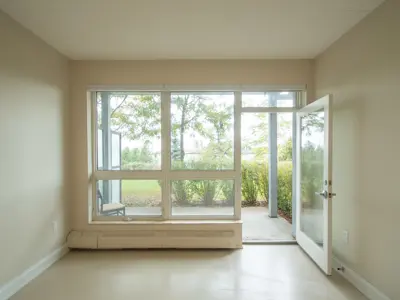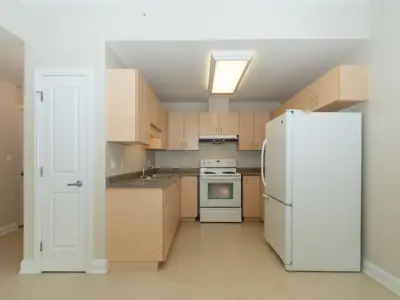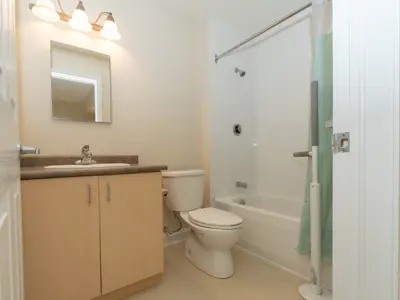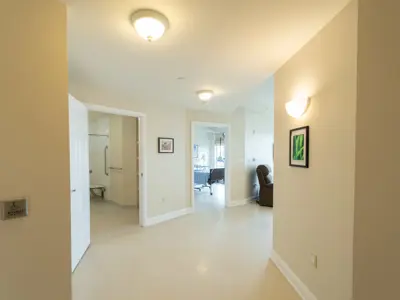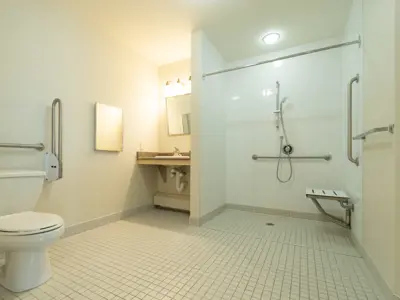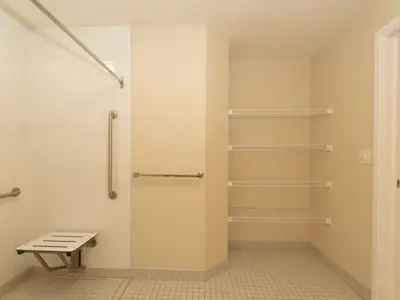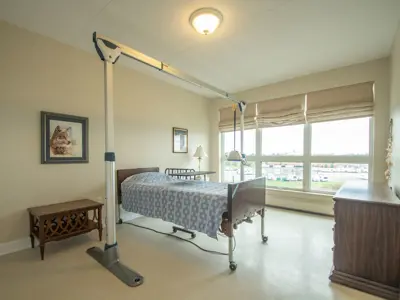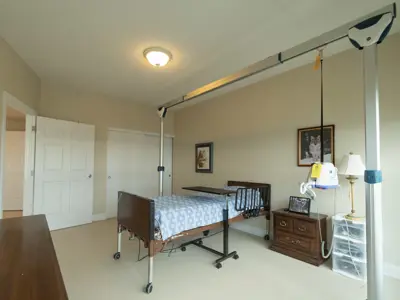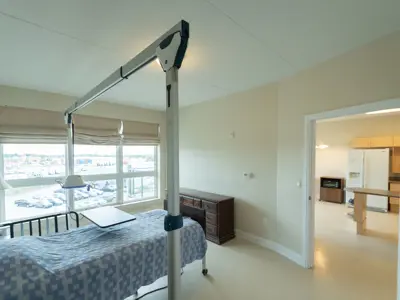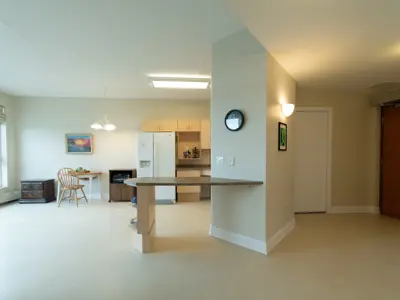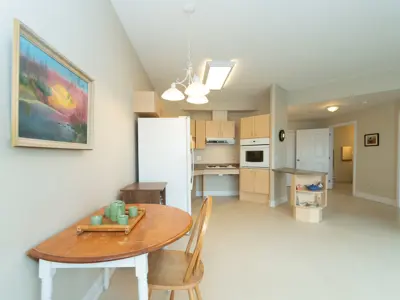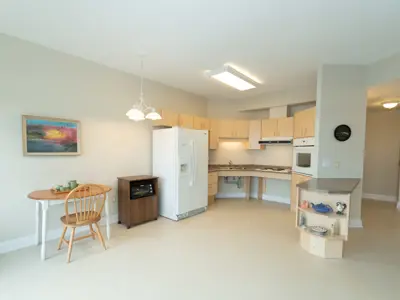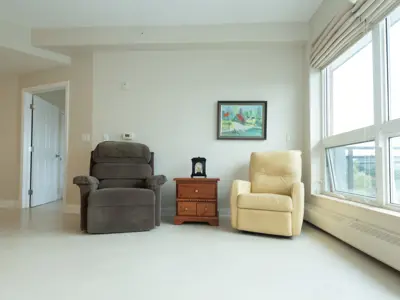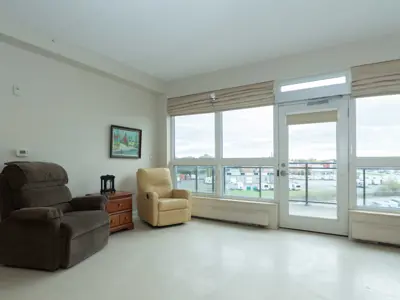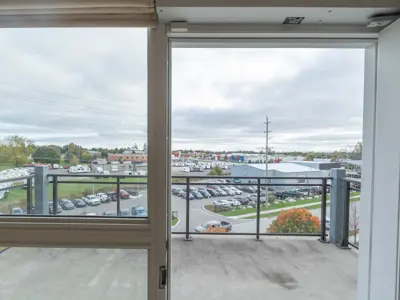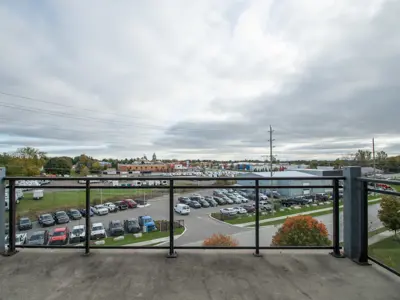ABI Transitional Living
ABI Transitional Living Program for Brain Injury Recovery
Introduction: A significant brain injury challenges someone’s ability to reclaim their independence. Whether they are coming from the hospital, their own home, or from living with family, the first step of transitioning to supported independence is an assessment, provided through our intake and assessment team.
Assessment and Goal Setting
Three-Week Baseline Assessment Period
During this initial period, participants engage in scheduled daily activities with staff support to build routines and assess current abilities.
Staff assist with:
- Medication management
- Meal preparation and cooking (breakfast, lunch, dinner)
- Dishwashing and kitchen maintenance
- Care unit upkeep (daily cleaning, sweeping, mopping, laundry, washroom cleaning)
Following this period, a personalized weekly schedule is created based on each participant’s strengths, needs, and goals.
Support and Supervision
Our staff is in the building 24/7, available to provide supervision and support on a scheduled and check-in basis. Staff also offer community support via text messaging and phone contact when clients are out in the community.
Program Accommodations
The Transitional Living Program provides fully furnished care units, including:
- Twin bed with new bedding
- Television, couch, coffee table
- Kitchen table and chairs
- Kitchen equipped with essential items for meal preparation
Program fees include: heat, hydro, cable TV, and internet.
Participants are responsible for: clothing, toiletries, personal care items, and food purchases.
Skill Development
Focus areas include:
- Health and medication management
- Personal hygiene
- Meal planning and preparation
- Household management
- Financial management
- Transportation skills
Length of Program
Up to one year.
Daily Routine
Includes scheduled blocks for:
- Wake-up
- Medications
- Meal planning and preparation
- Budgeting
- Household management (laundry, cleaning)
- Other personalized activities
Program Participation
Participants are expected to actively engage in all scheduled routines and programming.
Staff support is available throughout, but participant effort is key to success.
Locations
78 Stanley Avenue
Kitchener, ON N2K 2B2
Located in a residential neighborhood at Stanley Avenue and Tagge Street.
Features:
- Two Traverse-owned buildings
- One three-story walk-up
- One two-story building with bachelor and one-bedroom care units
- One fully accessible unit with exterior elevator
165 Gordon Street
Fergus, ON N1M 0A7
Located in the town of Fergus.
Features:
- Eight care units
- Three fully accessible units
- Walking distance to grocery stores and local services
Applying for Services
Please visit our Apply for Services page to access our application forms for clients with acquired brain injuries. You can contact our ABI Intake administration at the address below for further information.
Contact Us
Traverse Independence
Head Office
1382 Weber Street East, Unit 1
Kitchener, ON, N2A 1C4
Phone: 519-741-5845
Fax: 519-741-8731
Land Acknowledgement
We acknowledge that we are located on the Haldimand Tract, traditional and unceded territory of the Anishnaabe, Haudenosaunee and Neutral Peoples. It encompasses 980,000 acres of land that was given to the Six Nations in 1784, 10 kilometers on each side of the Grand River.

